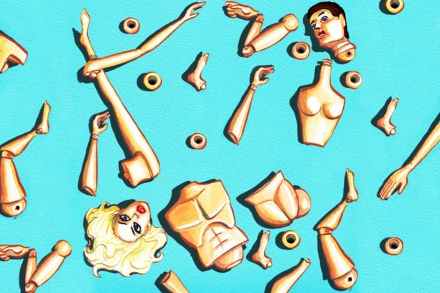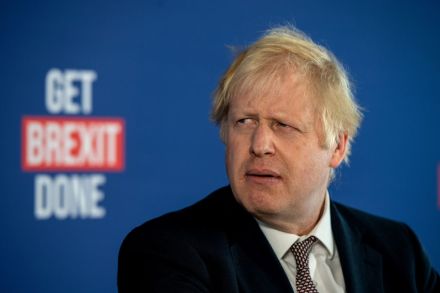Jo Swinson has finally made the BBC do its job on trans rights
Jo Swinson won’t be our next prime minister but her election campaign has achieved one significant thing already: she’s helped the BBC to start doing the job of journalism on trans rights issues. The Lib Dems have taken a conscious decision to go into the election campaign as the party of trans rights and inclusion. They think that embracing the transgender issue plays well with the degree-educated, socially liberal voters in university towns. I can’t judge how well the Lib Dem trans strategy is playing out with those key voters. I can simply assess the public results of that decision, which has been a string of frankly horrible broadcast interviews






















